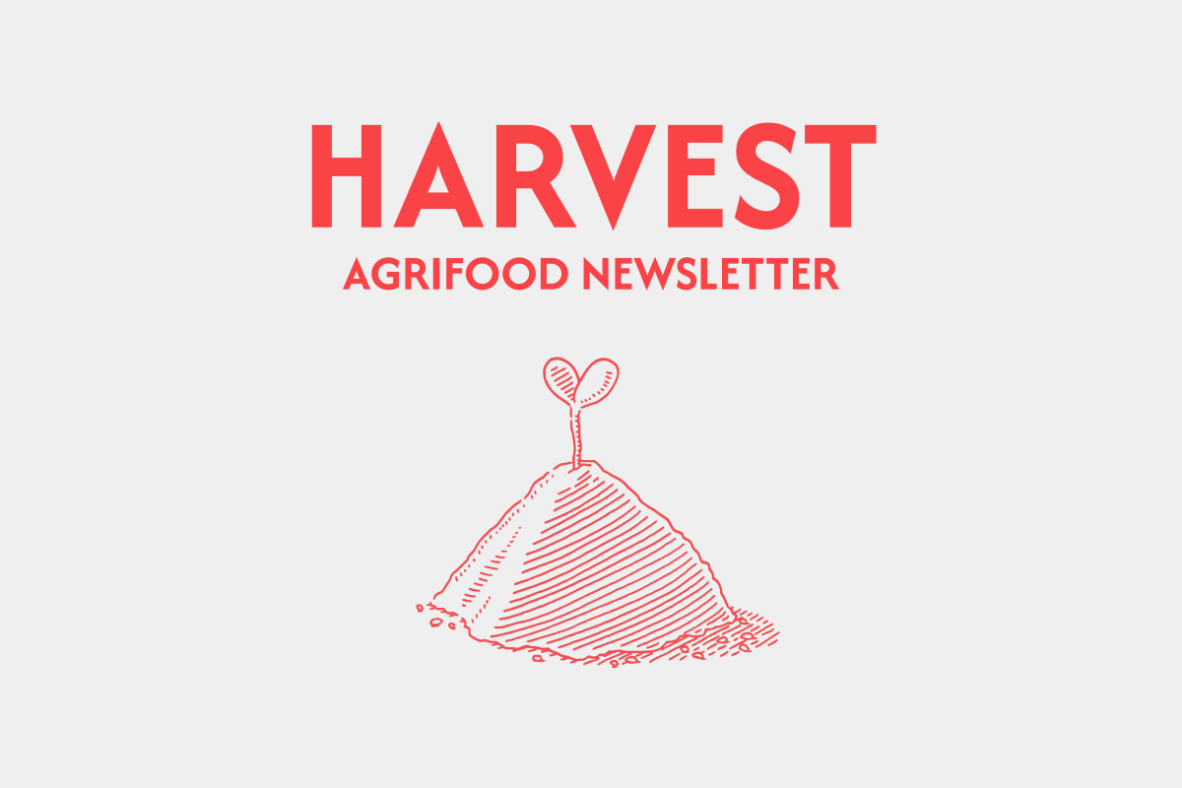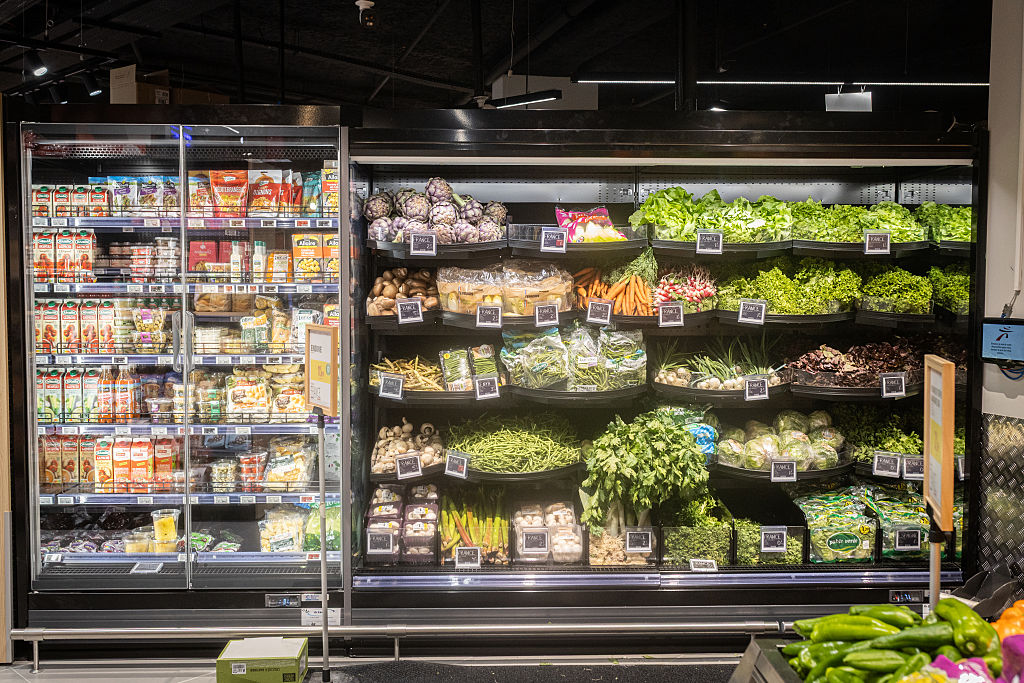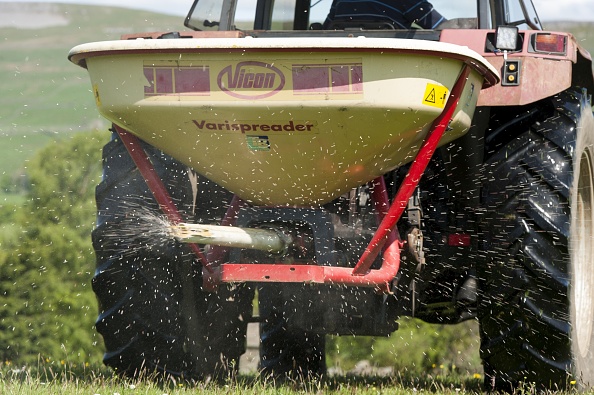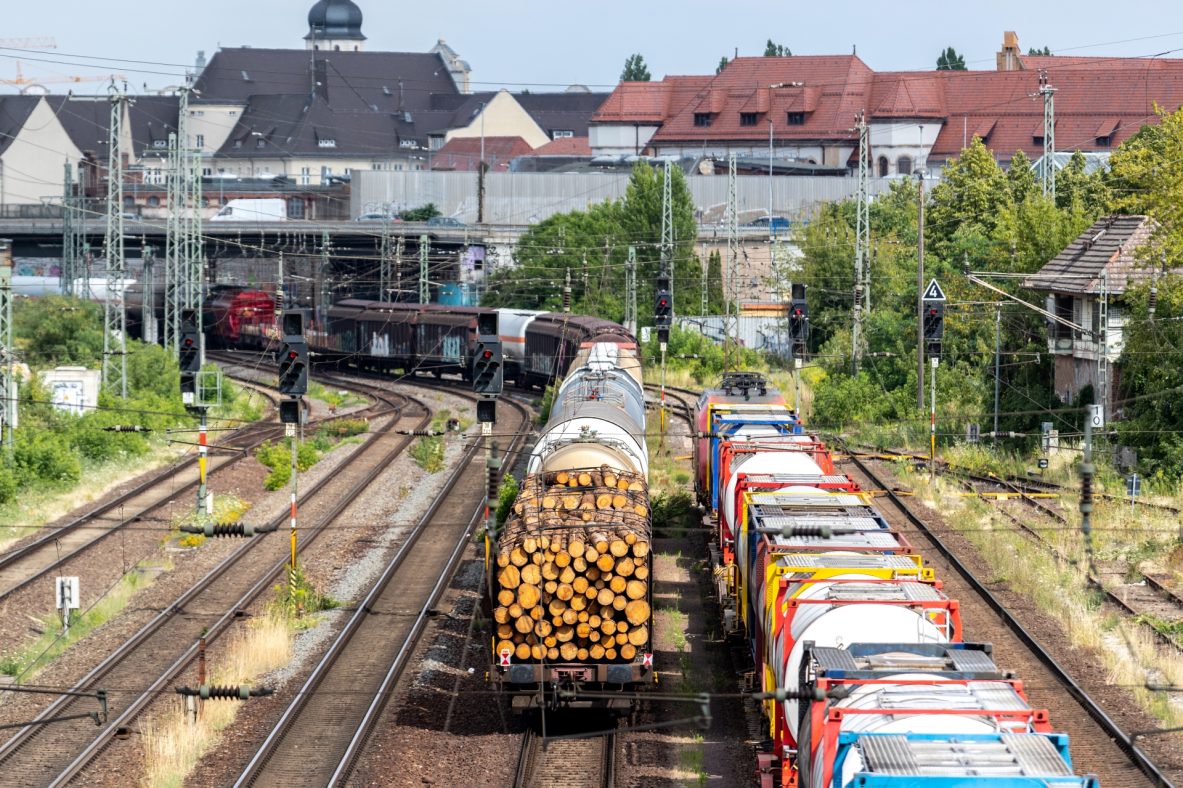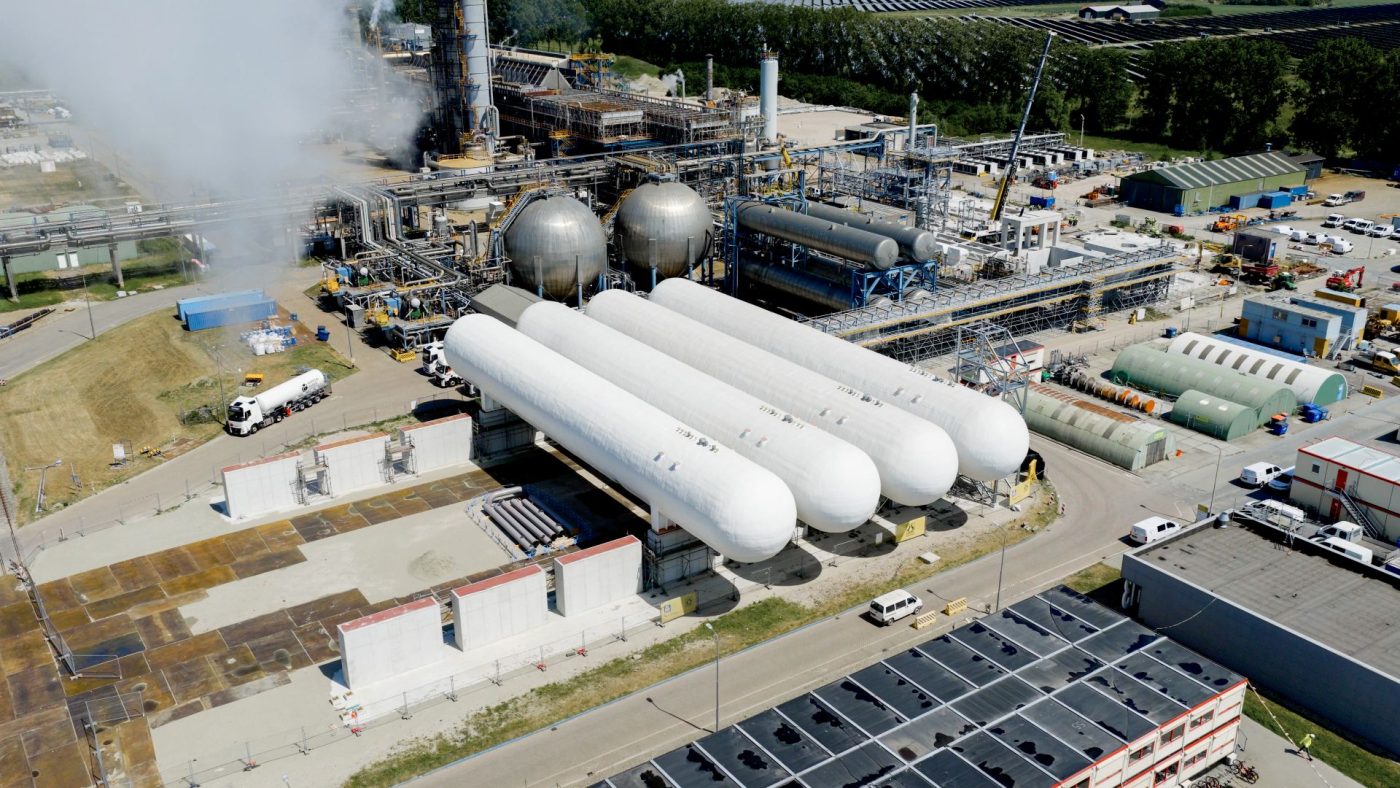Towards Competitive, Innovative & Sustainable EU Food Systems
EU Specialty Food Ingredients urges continued EU support for competitive, innovative, resilient and sustainable food systems, emphasising regulatory efficiency, investment in innovation and collaboration across the agri-food chain to meet climate goals and global challenges.
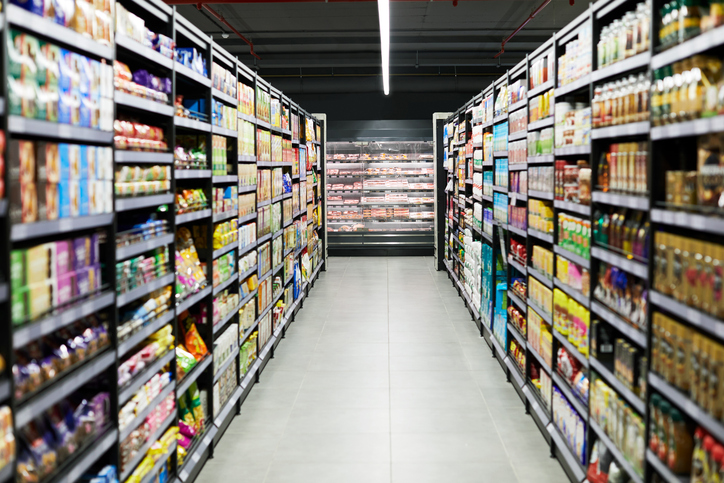
EU Specialty Food Ingredients, representing over 200 manufacturers of food ingredients, recognizes the European Commission’s ongoing commitment to advancing the climate targets established under the previous mandate. The Association encourages President von der Leyen, Members of the European Parliament, and the Council of the European Union to continue pursuing legislative proposals that will facilitate the transition towards Competitive, Innovative, Resilient, and Sustainable EU food systems. Accordingly, EU Specialty Food Ingredients calls on the Commission to maintain its dedication to the sustainable transformation of the agri-food supply chain while paying attention to the competitiveness of all the actors involved.
The food and drink manufacturing sector is a vital component of the EU agri-food ecosystem. With an annual turnover of approximately 1.2 trillion euros and holding the position as the world’s leading exporter of Processed Agricultural Products (PAPs), it stands as the largest manufacturing industry within the EU; an achievement significantly dependent on specialty ingredients. As part of the broader food & drink sector, the specialty food ingredients sector leads innovation, delivering technological and nutritional benefits to processed foods and offering effective solutions for specific dietary requirements through the application of advanced technologies aligned with global sustainability objectives.
Thus, EU Specialty Food Ingredients reiterates the key messages outlined in its previous pledge and offers the following key recommendations to be taken into account in relevant EU strategies and initiatives, namely the Competitiveness Compass, the Clean Industrial Deal, as conditions to achieve the legislative proposals and initiatives identified in the 2025 Commission work programme (please find here a non-exhaustive overview of ongoing and upcoming initiatives relevant to the specialty food ingredients industry) to achieve competitive, innovative, resilient, and sustainable EU food systems.
- Towards competitive EU agri-food systems
- Strengthen the competitiveness of all stakeholders within the EU food system, including specialty food ingredient manufacturers, through initiatives tailored to the specific needs of various EU industrial ecosystems. This is particularly relevant to the food and drink manufacturing sector, which constitutes the largest manufacturing industry within the European Union.
- Ensure that the European Food Safety Authority (EFSA) operates at optimal performance to enhance the global competitiveness of the EU agri-food sector, reducing the unpredictability of the Risk Assessment process and including close cooperation with the applicants and the Member States experts and institutions.
- Explore targeted investments and design financial support opportunities tailored for food industry innovation, international competitiveness, and technological development and decarbonization investments.
- Enhance the resilience of the EU food system by the creation of a quick and versatile engagement mechanism with Food Business Operators (FBO) in case of crisis, specifically for the food industry.
- Streamline funding process and target support to encourage public-private partnerships to accelerate R&D and enhance funding access for SMEs/Mid-Caps.
- Towards innovative EU Agri-Food Systems
- Promote technological advancement which enables innovation in specialty food ingredients businesses and strengthen agri-food production including through AI, digital tools, and robotics.
- Facilitate the expansion of innovation and establish mechanisms to enable the production of innovative products, from prototypes to large-scale manufacturing and market uptake. This includes introducing provisions that simplify the process for operators to access the EU market and offer greater long-term predictability and adaptability for businesses.
- Encourage the EU institutions to maintain responsible and coherent science-based communication to mitigate cultural bias and avoid polarizations.
- Support the development of specialty food ingredients to address areas such as food security, dietary requirements, climate change, malnutrition, and new dietary needs.
- Engage in science-based dialogues within the agri-food supply chain which will support the uptake of innovative solutions.
- Towards resilient EU Agri-Food Systems
- Shape a fit for purpose and predictable regulatory framework that can adapt to an evolving society and agri-food systems.
- Outline pragmatic, ambitious and viable initiatives to address future global challenges, including climate changes mitigation.
- Encourage the research and the development of new ingredients and technologies for the transition toward a sustainable food system and sustainable diets (i.e. alternative protein and fermentation).
- Acknowledge the circularity of agri-food systems and further support the deployment of circular approaches in the agri-food system with specific holistic and forward-looking legislative actions.
- Towards sustainable EU Agri-Food Systems
- Recognise the specialty food ingredients sector’s ongoing efforts towards climate change adaptation and mitigation, in the creation of healthier ingredients, reduction of food waste, and promotion a circular and efficient input use and production.
- Establish an integrated EU Agri-Food System that acknowledges the role of the food industry within the agri-food chain and promotes cooperation throughout the supply chain.
- Create effective, forward-looking strategies to advance the three pillars of sustainability in the EU food industry.
- Acknowledge the commitments by signatories and promote the Code of Conduct for Responsible Food Business and Marketing Practices among the food supply chain operators, Member States, and consumers.
- Improve the regulatory efficiency of legislation through a practical, on-the-ground approach to strengthen the resilience of the EU food supply chain, utilizing systematic evaluations, targeted consultations, and ongoing open dialogue with sector representatives.


